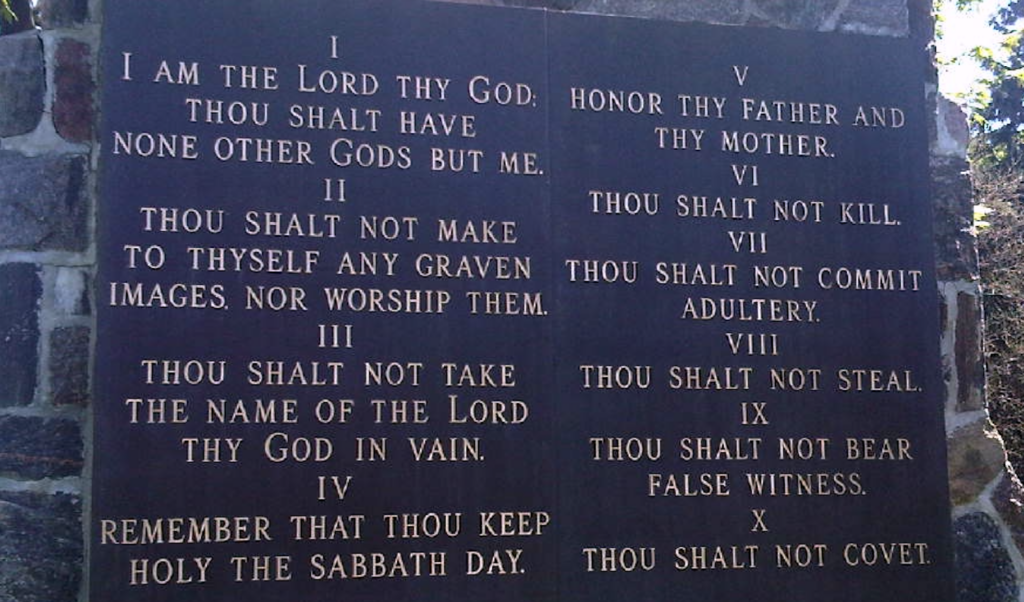A Culture Lacking Purpose: The Decline Of Religion In The Cradle Of Modern Christianity
Fifteen centuries ago, Saint Gregory the Great sponsored a mission to the Angles, Saxons, and Jutes, the pagan peoples who had conquered the portion of southeastern Britain now known as England. The somewhat cowardly band of missionaries, which included the man who would soon become the first Archbishop of Canterbury, were surprised to find King Ethelbert an enthusiastic convert who led many of his people to embrace the faith which had already turned much of the world upside down.
Over the subsequent centuries, England would produce men such as John Wycliffe and William Tyndale, the proto-reformers who would translate the Scriptures into the vernacular tongue; the Puritans, who would produce great theological works and begin to settle British North America; George Whitefield and the Wesley brothers, the proponents of the Great Awakening; William Carey, the founder of modern missions; and Charles Spurgeon, who ranks among the most illustrious preachers of the gospel in human history.
For the American Protestant, there has been no greater nation in world history, with the exception of ancient Israel itself, for the development and proliferation of the Christian religion. Millions of believers in Asia, Africa, and Australia would unhesitatingly concur.
Yet the cradle of modern evangelical Christianity is once again descending into deep darkness. For the first time in living memory, and perhaps for more than a millennium, less than half the population of England and Wales calls themselves Christians, according to data from the United Kingdom’s Office of National Statistics.
The proportion of people identifying with Christianity was 46% in last year’s census, marking a 13% decline over the course of the last decade. The number of people claiming to have no religion soared from 25% to 37% of the population, while the number identifying as Muslims increased from 5% to nearly 7%.
Pastor Regan King of The Angel Church, a church plant in England, told The Daily Wire he was surprised by the number of people “bothering to identify as Christians is still as high as it is.”
“Those of us working on the frontlines of ministry in England and Wales evangelize our communities in full knowledge that we are in a post-truth culture,” he said. “This has led to a real identity crisis, where truths once held to be universal and objective are routinely questioned.”
Central to the decline of English Christianity over the past few centuries has been a lower view of the Bible. The French Revolution and other political phenomena that rocked western Europe in the eighteenth century were symptoms of an even more disruptive underlying epistemological shift: the abandonment of an inspired Bible as the basis of morality, ethics, and truth in favor of scientific observation and human reason. In subsequent decades, the concept of absolute truth would be abandoned altogether by many Europeans.
“Because we increasingly have abandoned God, particularly the God of the Bible, we increasingly don’t know who we are,” King continued. “While legitimate hurt from false and oppressive religious structures has influenced some to discard the idea of any God, more often than not a hatred of Judeo-Christian moral values has been behind this shift. The result is a society that seems to lack meaning, identity, and purpose, that revels in its own bitterness and dissatisfaction with pretty much everything.”
An analysis of several dozen surveys regarding religious attitudes in Britain have drawn numerous dismal conclusions: household ownership of the Bible has slumped, individual ownership is the product of handed-down copies or presents, and readership and knowledge of the Bible have declined. Accounts central to the redemptive arc of the Bible, such as the creation of the world from nothing, the virgin birth, and the resurrection of Jesus, have been rejected as historically inaccurate or even overtly disbelieved.
King also noted than despite nearly half of residents professing Christianity, less than 10% of people in England and Wales are members of any church, while only 5% consistently attend services. “This is before the discussion of biblical orthodoxy has even been introduced,” he said. “I would be happy to hear 2% of these are truly Bible-believing and practicing Christians. It is undeniable that churches gravitating toward theological liberalism are primarily dying out; in contrast, independent churches and a couple of networks that are striving after biblical orthodoxy are actually experiencing some growth.”
The legal protections that once permitted the preaching of the gospel in England have swiftly been eroded. John Dunn, a veteran of the British Army’s Special Forces, was prosecuted after he “offended” and “upset” members of the public while street preaching; the case against the throat cancer survivor was dismissed after the two women who accused Dunn failed to appear in court, even though a police officer reportedly visited their home in order to encourage their attendance at the hearing.
Rather than outright persecution, most residents react to the gospel with “indifference and apathy,” according to
" Conservative News Daily does not always share or support the views and opinions expressed here; they are just those of the writer."





Now loading...